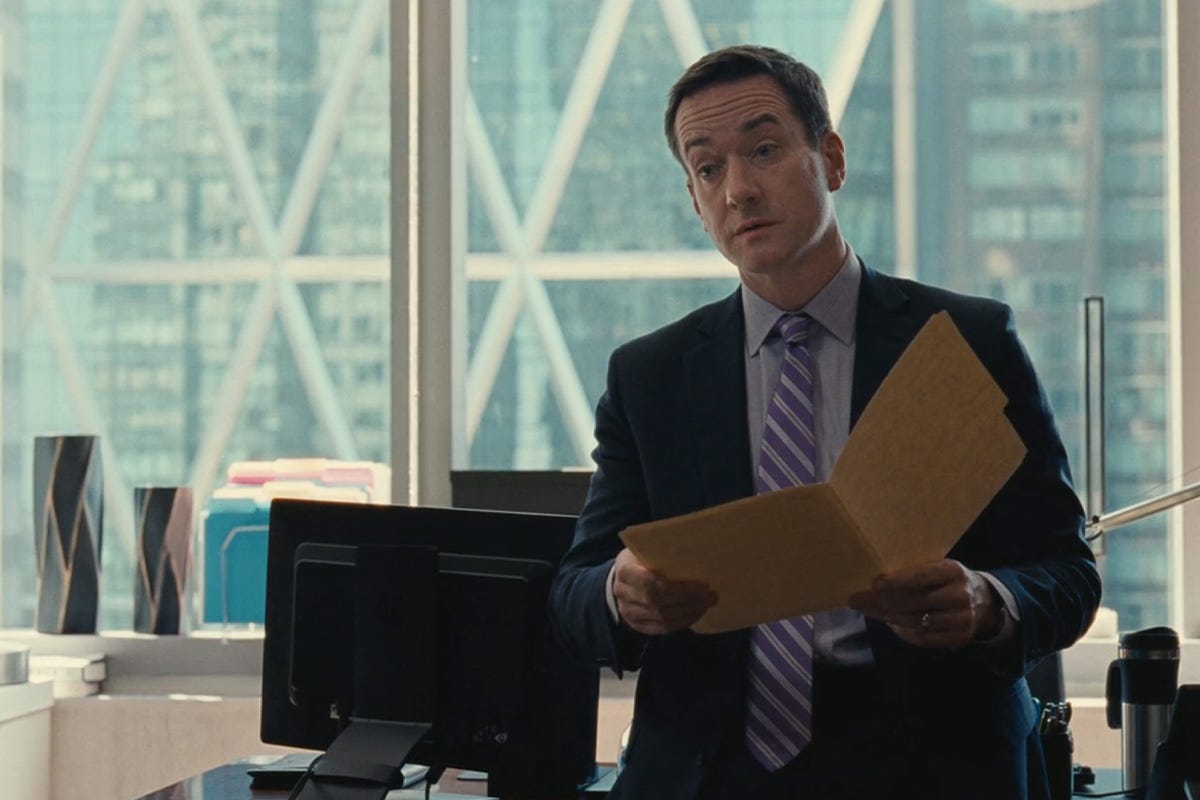It's Easy Asking Hard Questions
Asking the big question can be a small act of self-kindness
Don’t forget! There’s a companion podcast to this newsletter. Here’s this week’s episode, where I discuss what a hard question is, really, and why I’m fine to ask it. Before that, I talk about post-wedding exhaustion and a parasite I picked up in France that hampered my mini-moon.

I was known for asking the hard questions at my last job.
“So, will there be layoffs?” I asked in front of the entire company after the CEO spent an hour saying in 10,000 words what 10 could have: We’re Not In A Good Place. After the meeting, a couple of people thanked me, particularly because the answer was “certainly.”
I didn’t set out to achieve my reputation, but as it grew over the years, I cordially accepted. “Fendi’s got a question,” someone would chirp in a meeting (even if I didn’t). One year, I was awarded the corporate superlative of “most likely to ask the burning question” along with a gift card to In-N-Out Burger. I laughed off the gestures. They were meant in jest, but part of me wondered if anyone could tell I didn’t fully buy into the caricature of myself. I wasn’t daring, others were shy. Their praise of my bravery felt more like a confession of their fear.
We’re taught from a young age to people-please—especially at work, where belonging feels crucial. Most do not want to watch someone stir in their own discomfort. But the transactional nature of the workplace makes it an ideal place to ask difficult questions. Questions are a necessary element of dialogue, and a job is the one conversation you are paid for. Also, who cares? I don’t mean that in a flippant, rhetorical way. I ask it genuinely because in most contexts, the answer is no one.
Hard questions can be sensitive or dramatic, but often they’re only inconvenient for the recipient. I once boldly asked a disengaged event organizer why an anticipated event was wiped from the calendar. Another time, I asked a new project manager what her project management style was like—which felt like a hardball after spending ten minutes discussing which part of the Bay Area she lived in and what her commute was like. These questions weren’t confrontational, but they nudged people into accountability, and even that can feel disruptive.
Sometimes the question itself isn’t hard. The challenge is asking anything at all, admitting that you don’t have all the answers, or weren’t paying attention as closely as you should have been. But no one knows it all, and everyone is human. So, I ask those questions too: What does that acronym stand for? Sorry, what are we talking about?
I get scared, too. My mouth dries and my heart rate quickens. I sometimes stutter or lose my train of thought. Occasionally, I chicken out. I waited for someone else to speak up in the meeting. I hoped the CEO would be gracious enough to address us head-on. I felt frustrated that no one did either. After rehearsing the words in my head, I finally raised my hand.
The CEO gave the answer no one wanted, but everyone needed, to hear. “A follow-up…” I added, enunciating into the mic more confidently now knowing my question was not a social transgression but an act of advocacy. “And when do you suspect the layoffs will happen?” Most likely before year end, he said. It was late November. Cool, cool, cool.
I only ask if I believe I deserve to know the answer. Asking isn’t about pushing boundaries or being rude—it’s about helping yourself to knowledge. And why wouldn’t you? The next time you run up against a hard question, don’t focus on what you’re demanding of others, focus on what you’re claiming for yourself. I never set out to be ‘the one with the questions.’ I’ve just always wanted the answers, and someone has to ask.




Those are the BEST questions!
Particularly important to ask tough questions in today’s current environment. Keep on asking!